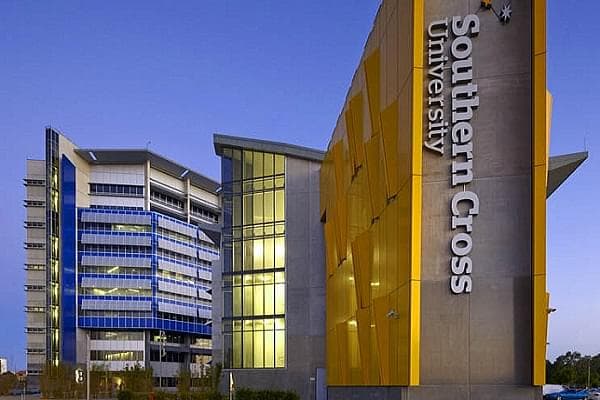

Bachelor of Sport and Exercise Science at Southern Cross University
Coffs Harbour, Australia
- Tuition Fee AU$ 28,800
- Country Rank#32
- Duration36 Months
- Score IELTS: 6 TOEFL: 60
Program Overview
Do you dream of coaching athletes or inspiring people to achieve better health and wellbeing? Are you fascinated by human anatomy, human physiology and how they apply to sport and exercise? Are you keen to probe the minds of elite athletes and uncover what gives them the winning edge? The Bachelor of Sport and Exercise Science can turn your sporting passion into a career.
This degree provides a comprehensive study of sport sciences and how the human body responds to exercise. You’ll learn about human movement, biomechanics, exercise physiology, exercise and sport psychology, exercise prescription with the opportunity to specialise in either exercise science, nutrition or education.
Our graduates work in many areas of sport and health, including sports psychology, nutrition, teaching, coaching, performance testing, health promotion and education.
Cost Of Studying At Southern Cross University
Interest rates as low as 8.9% *
250K+
Students Assisted
800Cr+
Loan Amount Disbursed
5000+
Loans Sanctioned